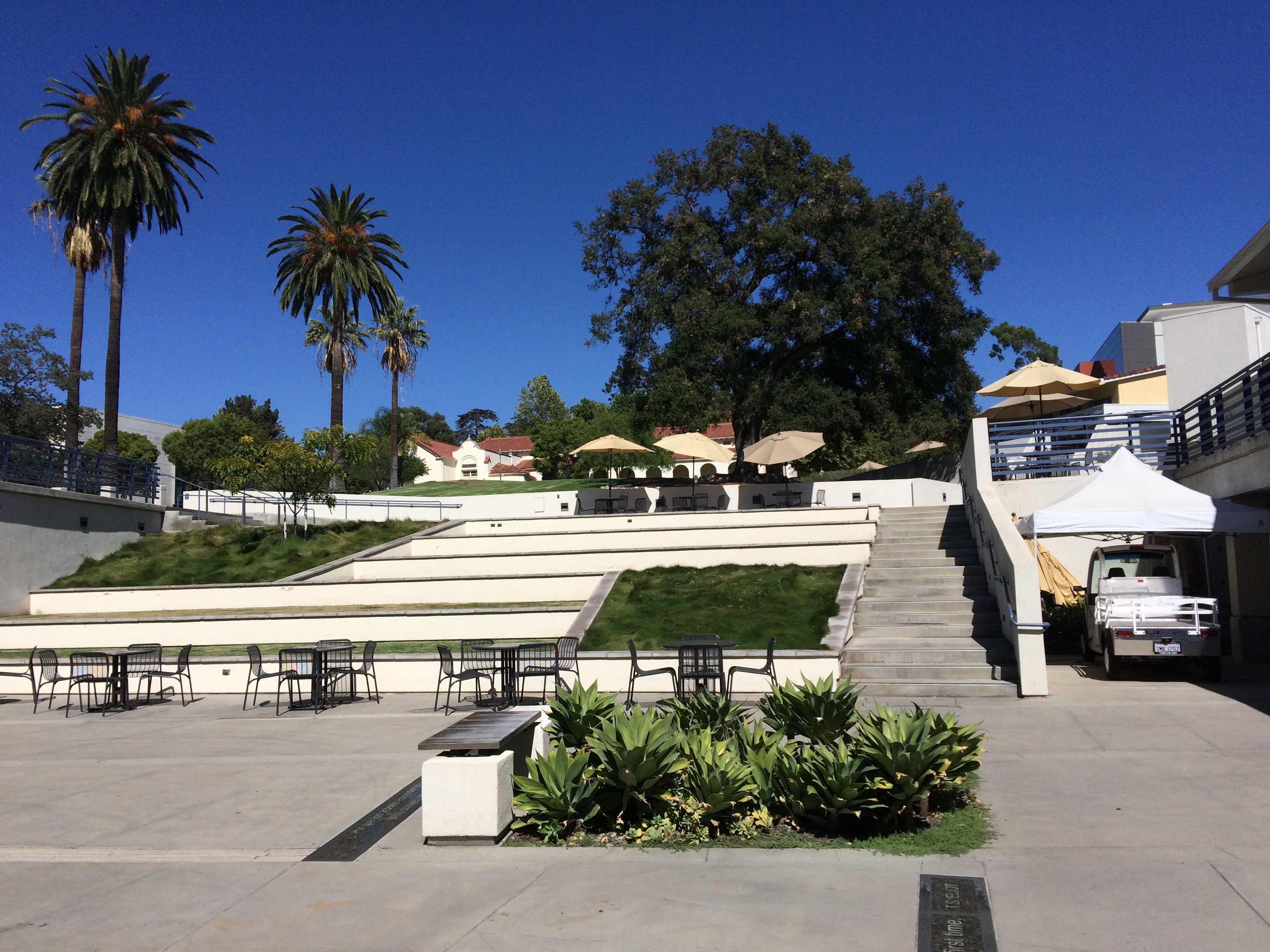Professor: “I don’t think I’m giving you any scoop in saying that, on the material level, the Philosophy Department is the poorest one in the country. It’s clear — it’s very clear, even. When, for instance, young colleagues were arriving after I got here — at the moment I’m thinking of Renée Duval who sent me a message asking, so, where was her office [Laughter] although she didn’t have an office. And, you know, even at Paris 7, if you want to meet, I don’t know, Frédéric Gauthier, I say Frédéric Gauthier because we know each other pretty well, so, indeed, he will make an appointment with you in his office.”
A department secretary interrupts: “Still, they don’t have their own offices, they have a shared office for teachers.”
Professor: “Non non non non non non non. Gauthier, he has an office, and there are other offices. At most, they’re two to an office. Of course! No, here, it’s on the edge.”
Secretary: “Yes, it’s on the edge.”
Professor: “Yes, here, it’s borderline scandalous. Meaning that, for example, we wouldn’t have to be meeting here [in the staff office space].”
Secretary: “Mais non, I agree with you.”
Professor: “Mais oui. And, well, there’ll be an office, we would be in the office, indeed, we could both of us shut the door. So for example, the master’s thesis exams happen here [in the staff office space].”
Me: “Really, they’re here?”
Professor: “Yes, it happens — and so people who show up, we can’t prevent them, it’s the office — where they turn in their homework, where they come for information, but, still, it’s scandalous. The first year, when I came, throughout practically the whole first year, I spent the first twenty minutes of class with the students looking for a room. It’s since been stabilized, but—“
